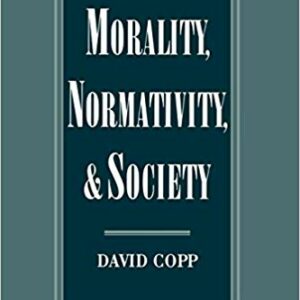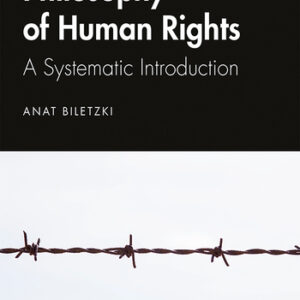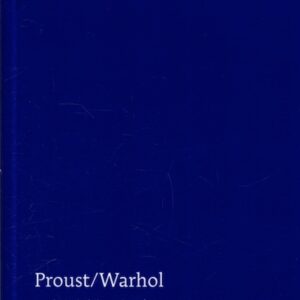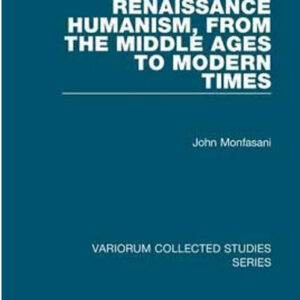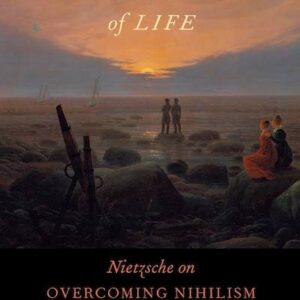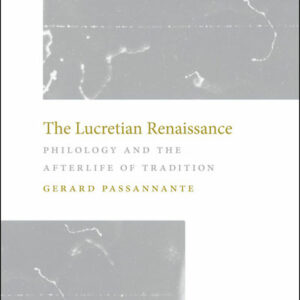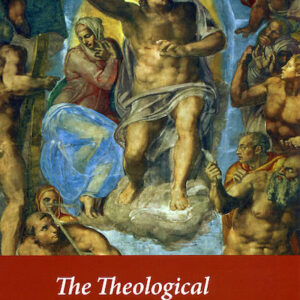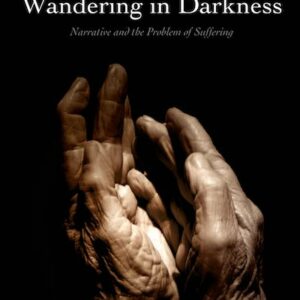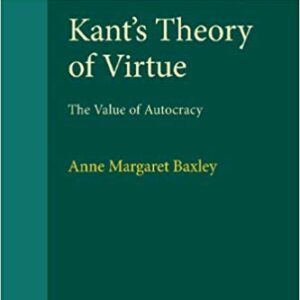
Kant’s Theory of Virtue: The Value of Autocracy
By Anne Margaret Baxley (NHC Fellow, 2003–04) Anne Margaret Baxley offers a systematic interpretation of Kant's theory of virtue, whose most distinctive features have not been properly understood. She explores the rich moral psychology in Kant's later and less widely read works on ethics, and argues that the key to understanding his account of virtue … Continued
